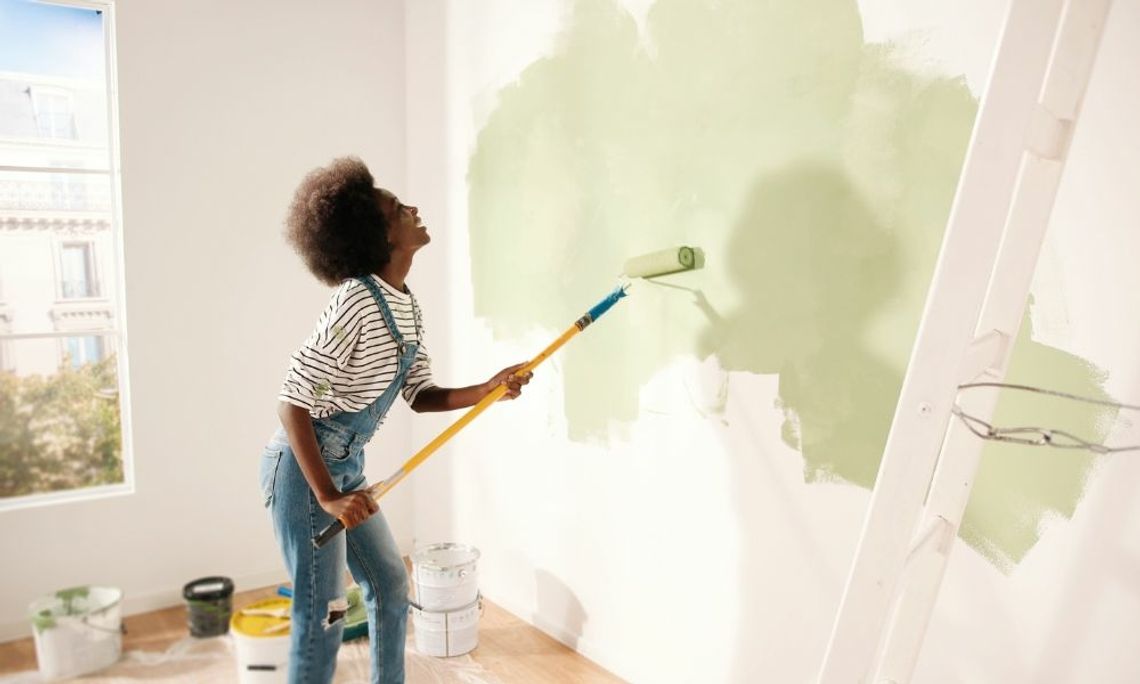Home renovation projects allow you to refresh and improve your home’s appearance. And while you’re determined to tear down walls and install new hardware, it helps to calculate your approach to a project and ensure its success.
So before you bring out the wrecking ball, here’s what to know before starting a home renovation project!
Establish Your Plan
It’s true that renovations seldom turn out according to plan; however, it doesn’t mean you shouldn’t have one. By determining a plan beforehand, you can create a map of tasks so that you know what to expect during the project.
Your plan may also determine your budget and indicate the timeframe of each task. As an essential tip for budgeting home improvements, compare the cost and value of renovations so that you can determine whether upgrades are worth the investment.
Understand Financing Options
Unfortunately, many home improvement projects are costly and may require additional funding to cover material expenses and professional assistance. If you don’t have enough cash to invest in your home renovation project, consider learning about different ways to finance your improvements.
For example, you can rely on personal loans and credit cards to complete smaller projects and turn to equity loans and lines of credit to finance major fixes.
Prioritize Time-Sensitive Tasks
While a comprehensive home renovation isn’t complete until you conclude the final task, working on multiple projects at once can be stressful and time-consuming.
Some renovations have priority over others, so if you encounter a project with an immediate effect on your home’s integrity, it’s best to complete it first.
Other priority tasks may include quick, easy repairs like replacing filters, weather stripping, and sealing drafts.
Contact a Qualified Contractor
Locating the ideal contractor with the ideal qualifications plays a significant role in a home improvement project’s outcome. You can vet potential contractors by asking family, friends, and neighbors about any industry connections, obtaining proof of their insurance, and learning about different permits required in your neighborhood.
Don’t Be Afraid to DIY
With enough knowledge and adequate equipment, you can commit to a DIY renovation and save yourself some costs! However, before you start hammering away, gauge your interest level. Can you see yourself putting in significant amounts of work to save money? If so, it helps to learn basic repair skills so that you can complete tasks like installing a new door or refinishing crown molding.
Homeownership has a way of inspiring creativity; the more you get to know a property, the more informed your decisions may be when tackling home improvement tasks. Whether the details are minor or significant, learning what to know before starting a home renovation project may help you set yourself up for success.


Comment
Comments